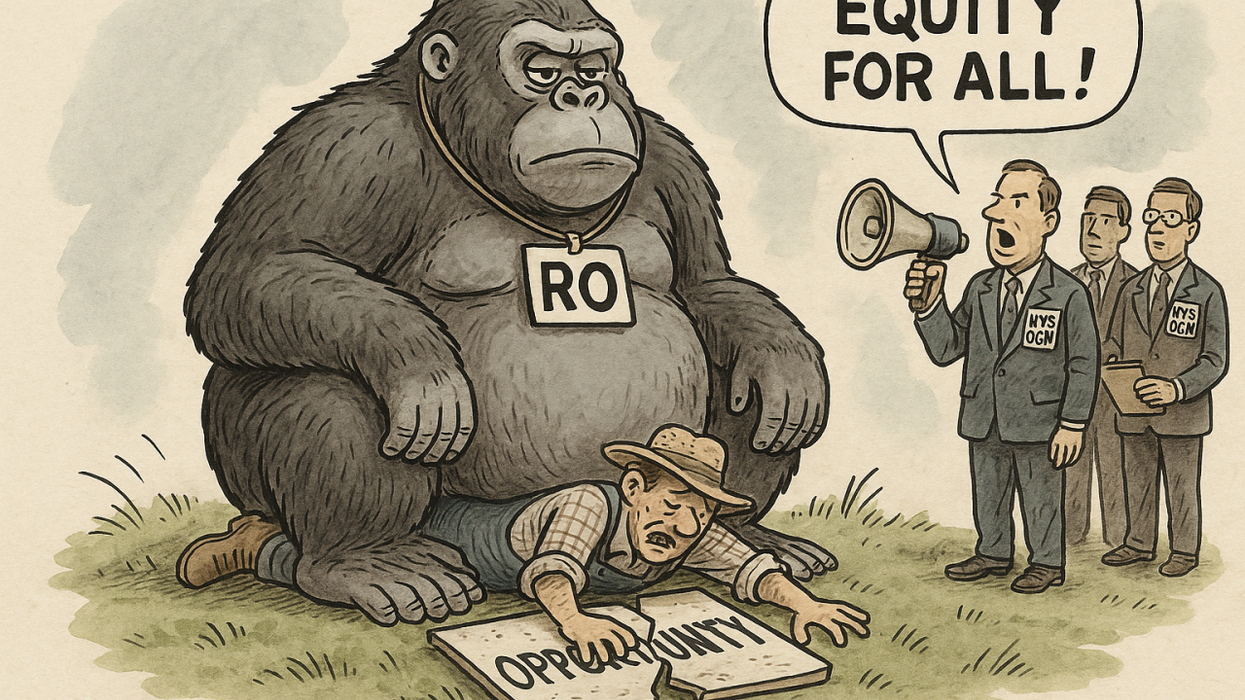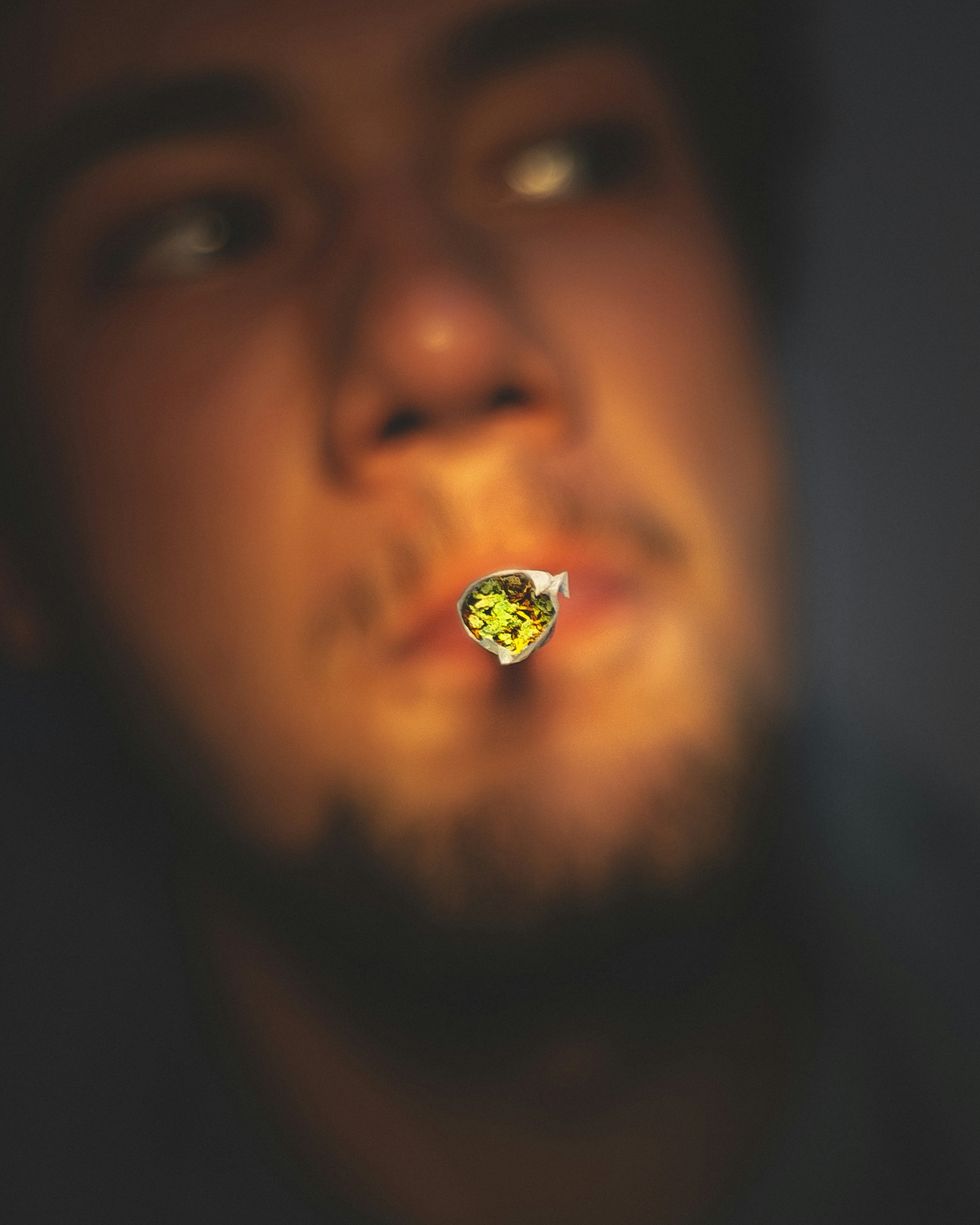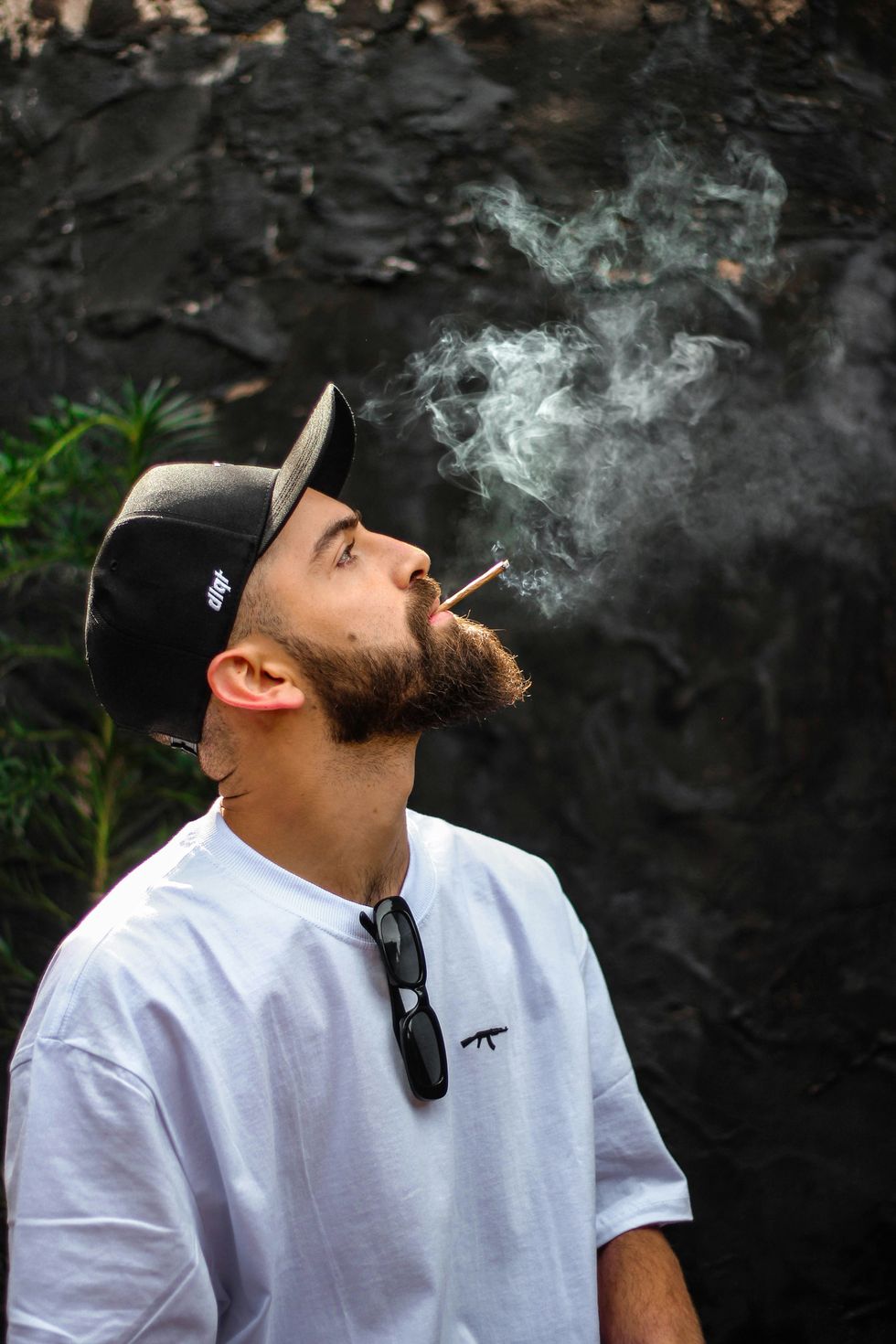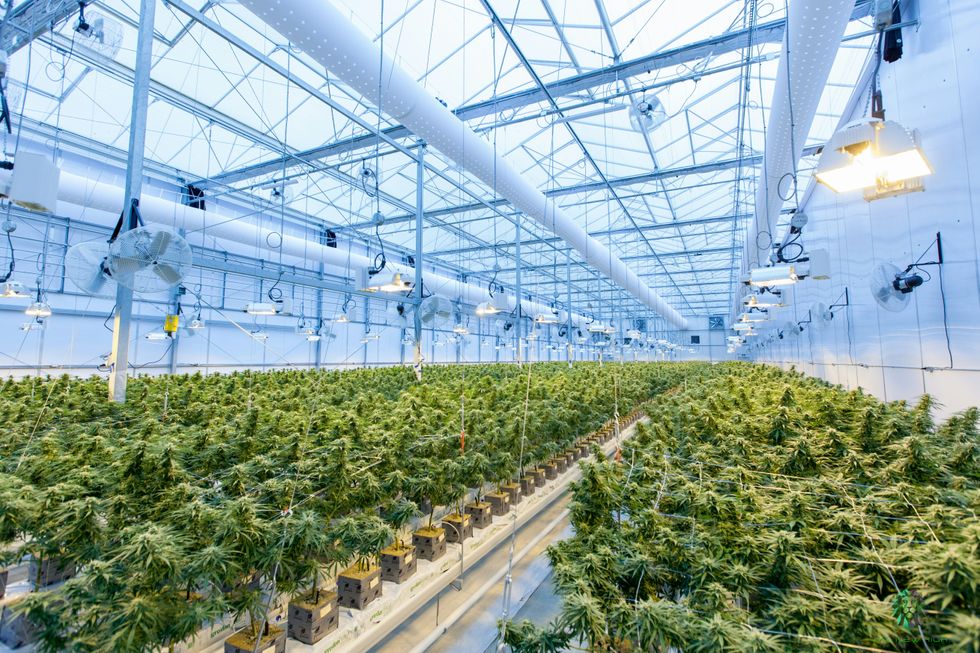Authored by: Veterans Holdings CEO Jason Ambrosino
Last week, the New York Medical Cannabis Industry Association (NYMCIA) issued a press release accusing licensed dispensaries of selling "out-of-state cannabis" and undermining the integrity of the legal market. Read the press release here.
Public trust matters. Regulatory compliance matters. But trust is not built through accusations based on incomplete science and selective outrage.
After reviewing the NYMCIA’s claims and the underlying lab report they referenced, it is clear that their conclusions are neither professionally sound nor fairly applied.
NYMCIA’s Real Membership and Interests
NYMCIA is not simply a voice for patients or small businesses. It is a lobbying association for some of the largest multi-state operators (MSOs) in the country, including Curaleaf, Acreage, and Columbia Care.
These same MSOs have:
- Lobbied aggressively to accelerate their own entry into the adult-use market, cutting short the period intended to prioritize social equity operators.
- Sued the state to avoid paying the $20 million participation fee designed to fund social equity initiatives.
- Opposed efforts to allow home grow rights for patients and consumers.
Understanding who is behind NYMCIA’s messaging is critical to understanding the motivations behind their recent press release.
Flaws in the "Proof" Presented
The Lexachrom Analytical Laboratory report cited by NYMCIA relies primarily on isotope ratio mass spectrometry (IRMS) and soil residue analysis. While these scientific tools can provide information about environmental conditions, they cannot definitively determine where a cannabis plant was grown.
Several serious flaws are immediately clear:
- Isotope markers like δ¹³C, δ¹⁵N, and δ²H are not location GPS markers. They can indicate broad environmental patterns but cannot pinpoint state or origin with certainty.
- Soil inputs are not static. Commercially available soil brands like FoxFarm, produced in California, are widely sold across the United States. A New York cultivator using FoxFarm soil would logically display “California” markers without engaging in illegal interstate commerce.
- The lab report itself admits only a "medium-to-high confidence" and recommends further confirmatory testing. Despite this, NYMCIA moved forward with public accusations.
Furthermore, no information about sample collection, chain of custody, or independent peer review has been provided. Without these elements, the claims should not have been treated as definitive.
Selective Enforcement and Curaleaf’s Aqueous Extraction
What makes this situation more troubling is the selective application of scrutiny.
One of NYMCIA’s most prominent members, Curaleaf, is currently producing extracts using an “aqueous extraction” method. While cold-water mechanical separation (ice water hash) is permitted under New York’s regulations, chemically assisted aqueous extraction — involving buffers, acids, or chemical filtrations — raises serious compliance questions.
The Office of Cannabis Management (OCM) has already set a precedent: When Jenny’s cannabis was found to be using an unapproved R134A extraction method, enforcement was swift and decisive, even though that method was later approved.
If enforcement is to be credible, it must be consistent. Curaleaf’s extraction practices should face the same level of regulatory review, not quiet exception.
 Original Concept: Jason Ambrosino | Artwork generated via AI Illustration.
Original Concept: Jason Ambrosino | Artwork generated via AI Illustration.Protecting Incumbents vs. Building a Fair Market
By leveraging incomplete science and selectively targeting competitors, NYMCIA risks damaging the legitimacy of the legal cannabis market at a fragile time.
New York's cannabis industry deserves:
- Transparent, evidence-based enforcement
- Equal scrutiny for all operators, regardless of size or influence
- A commitment to building a diverse and equitable marketplace
Weaponizing regulatory narratives to protect large incumbents weakens public trust and undermines the original goals of cannabis legalization.
Conclusion: New York Can Lead, If We Lead With Integrity.
Selective outrage will not build a sustainable market. Selective enforcement will not earn public trust. New York’s cannabis future must be built on transparency, fairness, and consistent regulatory standards.
We must hold ourselves, our trade associations, and our regulators to a higher standard.
The New York cannabis industry has an opportunity to set the national model — but only if we lead with integrity.
If you believe in a transparent, fair cannabis industry, now is the time to speak up. The future of New York's market depends on it.
This article was originally published on LinkedIn and published here with permission.







 High-THC Weed Explored - The Bluntness Photo by
High-THC Weed Explored - The Bluntness Photo by  High-THC Weed Explored - The Bluntness Photo by
High-THC Weed Explored - The Bluntness Photo by  High-THC Weed Explored - The Bluntness Photo by Maria Fernanda Pissioli on Unsplash
High-THC Weed Explored - The Bluntness Photo by Maria Fernanda Pissioli on Unsplash 







 The Dominoes Are Falling Nationwide as Federal Prohibition Ends
The Dominoes Are Falling Nationwide as Federal Prohibition Ends
 DEA prohibited from randomly searching passengers at airports and other transport hubs - The Bluntness
commons.wikimedia.org
DEA prohibited from randomly searching passengers at airports and other transport hubs - The Bluntness
commons.wikimedia.org

 When it comes to pricing, cultivation methods matter - The Bluntness
Photo by
When it comes to pricing, cultivation methods matter - The Bluntness
Photo by